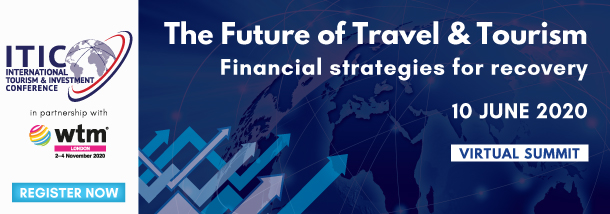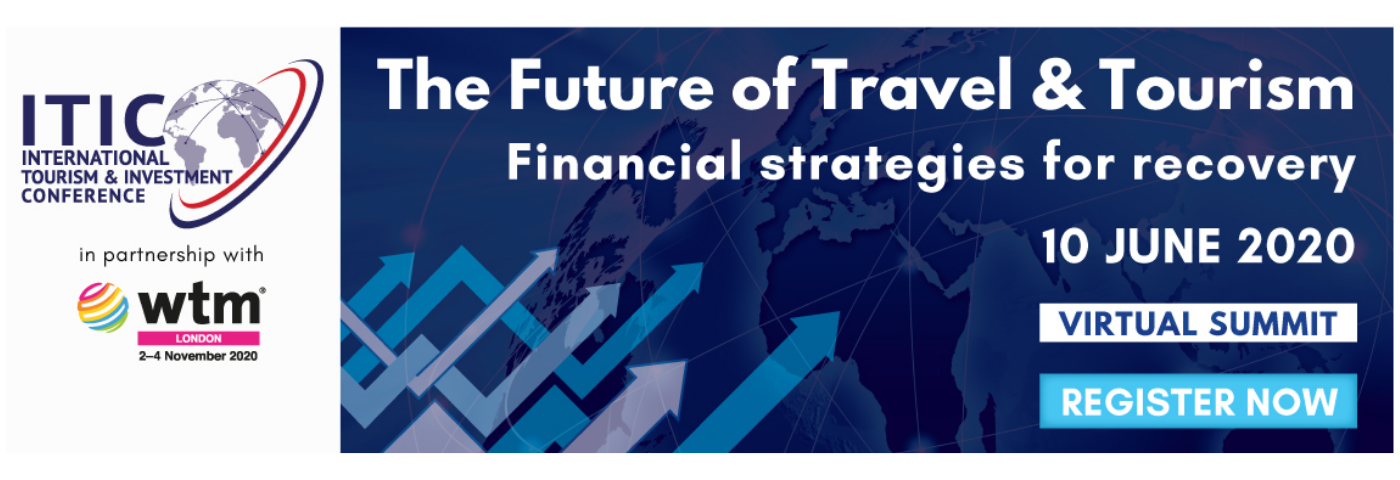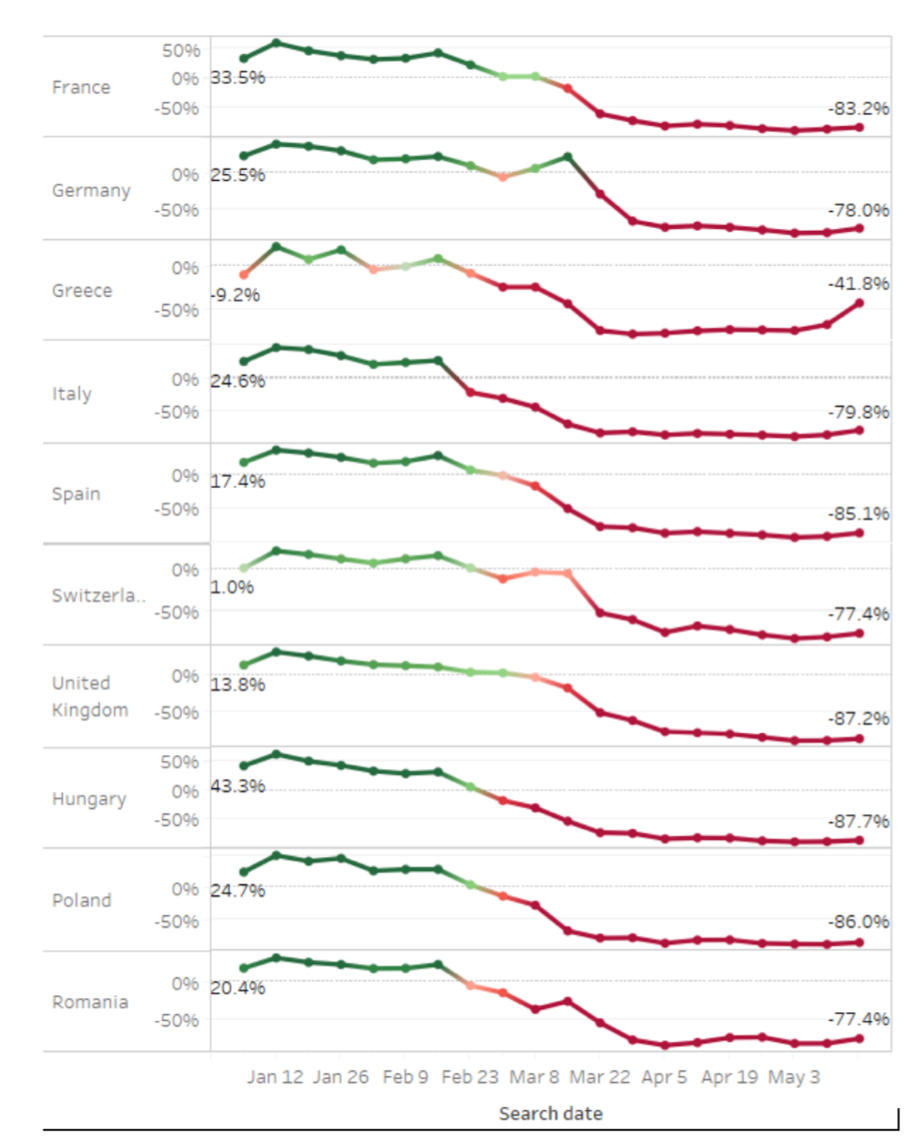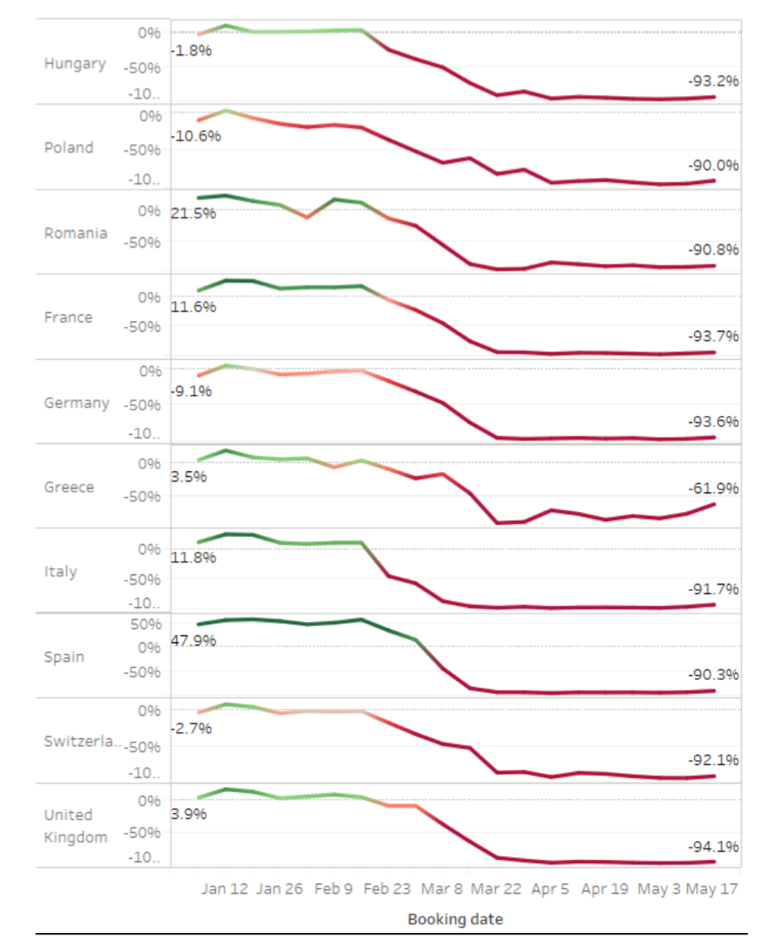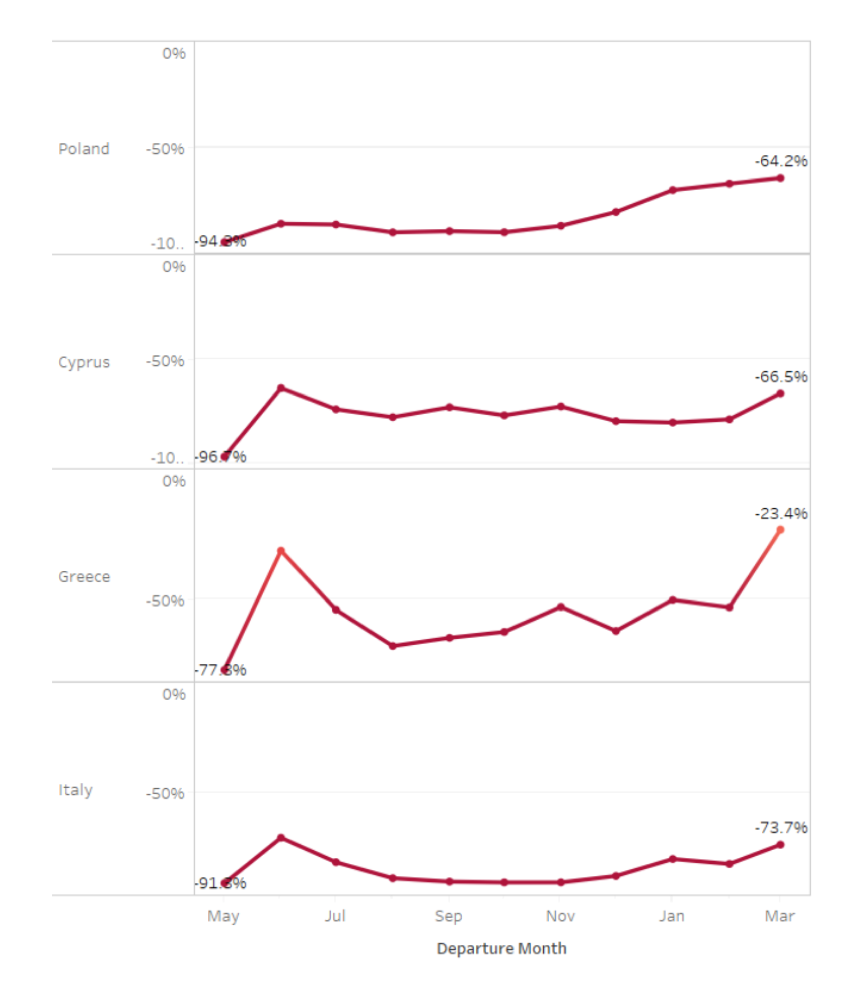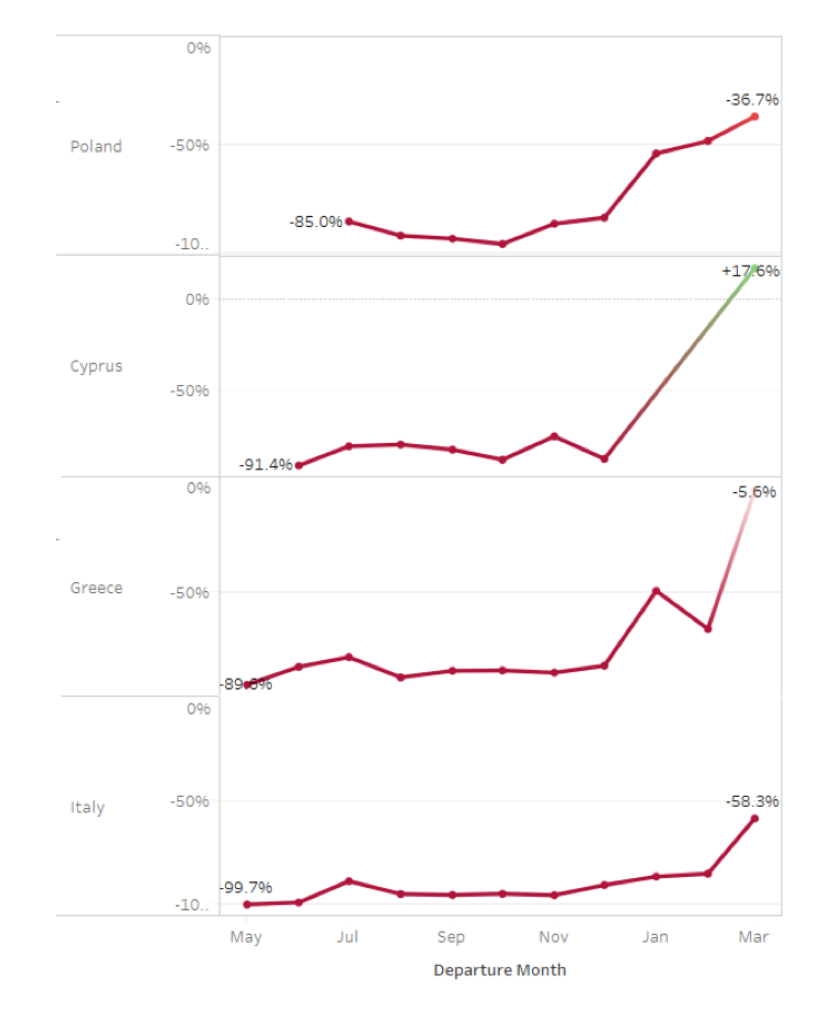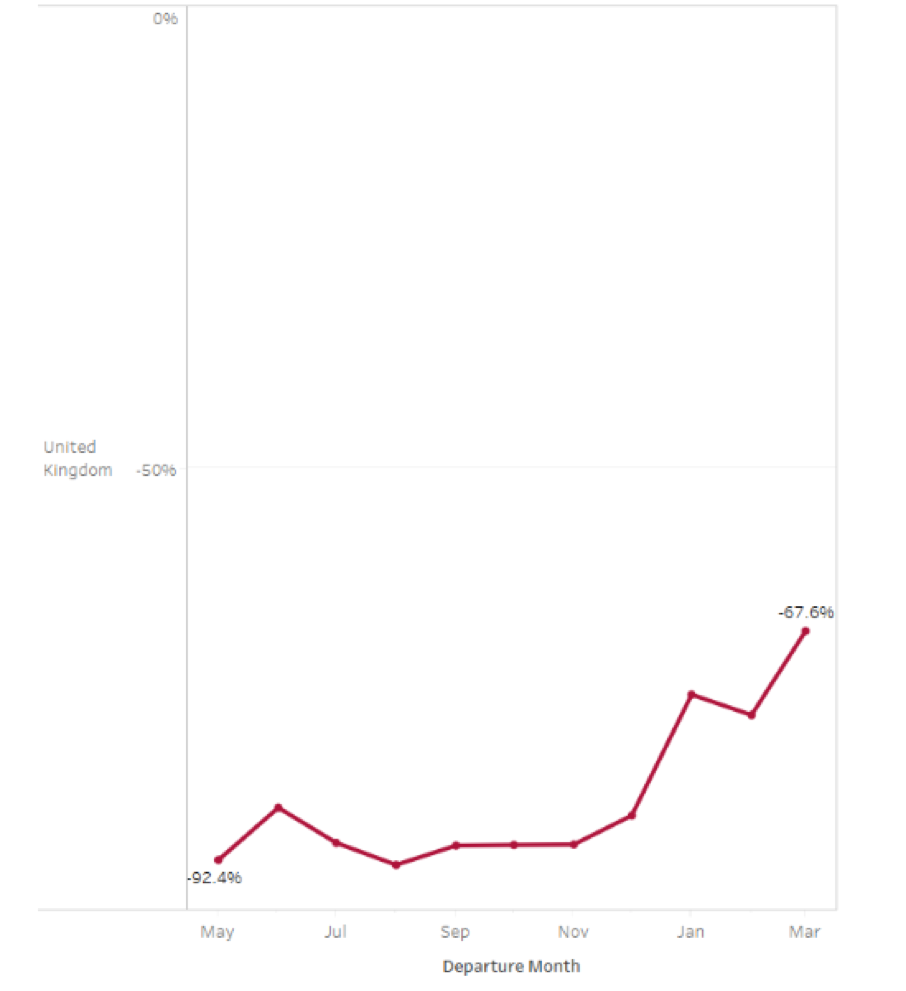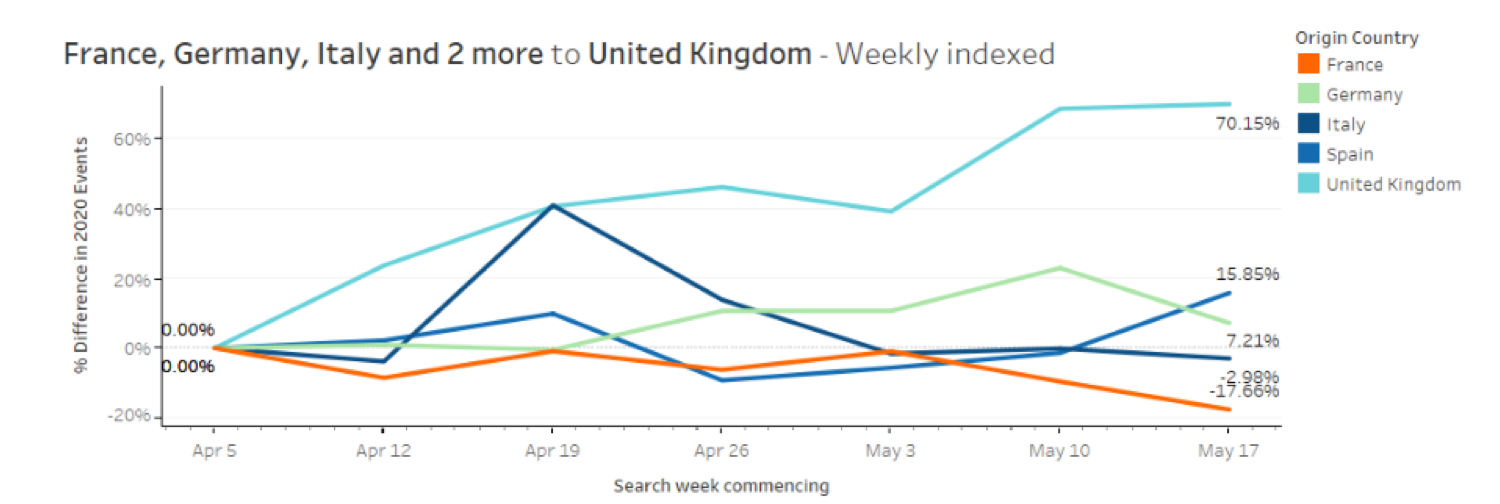
SUMMIT NEWS June 8, 2020
One of the world’s biggest hotel chains has laid out the standards that will ensure post-pandemic safety for guests at its 5,600 hotels across 100 countries.
‘We’re making sure that we provide a safe environment so customers can enjoy themselves because they do want to travel,’ InterContinental Hotels Group (IHG) CEO Keith Barr.
That means no more than three people will be allowed into an elevator at the same time, buffets and restaurants will be eliminated in favor of grab-and-go dining, and room service will be contactless.
Mr Barr is a guest panellist at a special virtual summit The Future of Travel & Tourism on Wednesday June 10, 2020.
He will be part of a session titled ‘Planning for the future: Understanding globalisation in the post Covid-19 world and the investment measures needed to boost recovery of the global travel and tourism industry’ from 11am (UK time).
Barr, who stepped in the CEO role at IHG three years ago heads a chain, which includes popular brands like Holiday Inn, Crowne Plaza, and Regent Hotels and Resorts, also said that swimming pools in his hotels will be socially distanced.
THE FUTURE OF TRAVEL & TOURISM VIRTUAL CONFERENCE June 10, 2020 DETAILS & REGISTRATION
There will be temperature screening at the front desks, hand sanitizer stations positioned throughout the facility, social distancing markers in public areas, and decluttering rooms in the public spaces to make sure that high-touch items are no longer present.
Barrtold ABC News in an interview that he expects demand for hotel rooms to pick up toward the summer as travelers will be getting into their cars rather than flying in planes to take vacations.
‘We think we are going to have a lot of domestic travel and not a lot of international travel, and it will be drive because people feel comfortable getting in their cars and driving to stay at a Holiday Inn or Holiday Inn Express,’ he said.
‘That’s going to be the travel trend, with fewer people wanting to get on flights.’
Earlier this month, InterContinental Hotels said it expects revenue per available room to plunge 80 per cent in April compared with last year and that the coronavirus crisis was the biggest challenge the hotel industry ever faced.
InterContinental Hotels Group has also introduced a new global standard of hotel cleanliness and hygiene following a major collaboration with internal and external specialists in operations, health, safety and guest experience.
The experts, collectively known as the IHG Global Cleanliness Board, liaised heavily with Cleveland Clinic Chief Clinical Transformation Officer, James Merlino, to design the company’s new best practices and implementation processes.
Building on IHG’s ‘Way of Clean’ program – which launched in 2015 in partnership with hygiene and cleaning technology brands Ecolab and Diversey – guests can expect to see enhanced and more visible cleaning practices in effect. These may include a reduction of high-touch in-room furnishings, new laundry protocols and visual verification of sanitised items such as glassware and the television remote control.
Underpinning the new hygiene regime is a ‘Clean Promise’ from IHG which states that if a guest is unsatisfied with the standard of cleanliness in their room, the property will immediately rectify the situation. The new policy took effect from June 1, 2020.
More visible charts informing guests when an area was last cleaned will pop up around hotel public spaces and facilities including fitness centres, swimming pools, lounges, restaurants and bars. Along with social distancing measures, new practices at hotel buffets, room services, catering and banquets are likely to be introduced in line with local health requirements.
Register Free to be part of the virtual summit on June 10, 2020, begins 9.15am (GMT+1) HERE
REGISTER The ITIC-WTM virtual conference is FREE to attend online.
It focuses on three themes:
1. Health: dealing with Covid-19, and how we restore travellers’ confidence and rebuild business.
2. Investment: understanding the financial mechanisms that allow you to survive and rebuild.
3. Future: This may not be the last crisis, how can you prepare for any future global catastrophe
This virtual summit uses the latest video technology, viewable on your browser, will bring together more than 2,000 attendees in an interactive environment.


